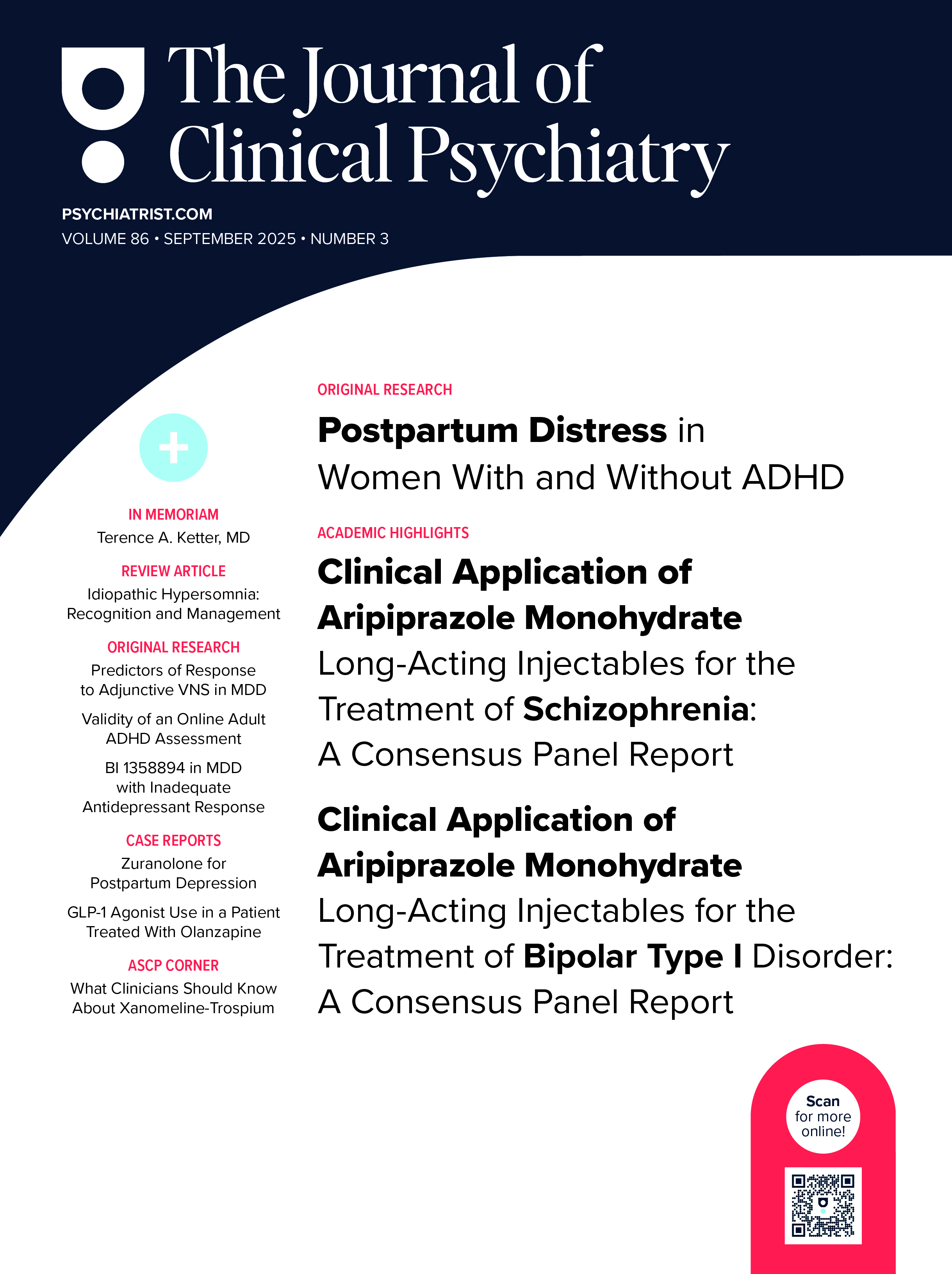Schizophrenia is characterized by positive, negative, cognitive, disorganization, and mood symptoms. Antipsychotics are the mainstay in the pharmacologic treatment of schizophrenia. Findings concerning efficacy for positive symptoms and disorganization suggest no consistent differences among available antipsychotics, with the exception of clozapine’s superior efficacy for treatment-resistant schizophrenia. Efficacy for negative, depressive, and cognitive symptoms appears to be determined by (1) the extent to which reduction in positive symptoms brings about improvement in these other domains and (2) the extent to which extrapyramidal side effects (EPS) and anticholinergic effects (of the antipsychotic and of agents used to treat EPS) exacerbate them. Thus, the ability of antipsychotics to produce a potent antipsychotic effect without EPS and need for concomitant anticholinergic therapy yields multiple therapeutic benefits. In contrast to their broadly similar efficacy, antipsychotics differ markedly in their propensity to cause various adverse effects. Although second-generation antipsychotics (SGAs) have generally been believed to be associated with a lower risk of EPS but a higher risk of metabolic adverse effects than first-generation agents (FGAs), the substantial variation in these and other side effects among agents within both classes indicates that it is not clinically useful to make a categorical distinction between FGAs and SGAs. Choice of antipsychotic medication should be based on individual preference, prior treatment response and side effect experience, medical history and risk factors, and adherence history, with side effect profile a major determinant of antipsychotic choice.
(J Clin Psychiatry 2011;72[suppl 1]:4-8)
Corresponding author: Rajiv Tandon, MD, Department of Psychiatry, University of Florida College of Medicine, PO Box 103424, Gainesville, FL 32610-3424 ([email protected]).
doi:10.4088/JCP.10075su1.01
© Copyright 2011 Physicians Postgraduate Press, Inc.
This PDF is free for all visitors!

